Kidney stone is a painful condition caused due to hard deposits of minerals that form in urine and cause pain when passing through the urinary tract. The occurrence of this condition has risen in the previous 20 years, especially among women and adolescents.
A study in South Carolina, USA was carried out using two different models to gauge the effects of heat associated kidney stone conditions. South Carolina is one of the sunnier regions in the USA.
Roughly one in eleven Americans has suffered from kidney stone disease and these instances have been rising.
The risk of kidney stone disease increases during hotter seasons due to heavy dehydration resulting in concentrated urine and altered urinary flow. Thus higher temperatures due to global warming might lead to a rise in kidney stone patients.
As per the two models used to study the quantifiable rise in kidney stone’s occurrences have two possibilities. If there is an urgent reduction in greenhouse gasses then the cases will rise by nearly 2.2%. And if there is unrestrained release of greenhouse gasses then the cases will spike by 3.9%.
In 2008 Brikowski’s study had indicated that in the USA kidney stone’s disease epicenters from 2000 at 40% will increase to 56% by 2050. The understanding of the disease has moved forward since then and the studies are precisely pointing towards the climate crisis as the impetus.
Scientists believe many other diseases will be triggered and kidney stone’s will remain just one of the many health issues attributable to climate change.

Will Kidney Stone Cases Rise Due To Global Warming?
Latest from Health
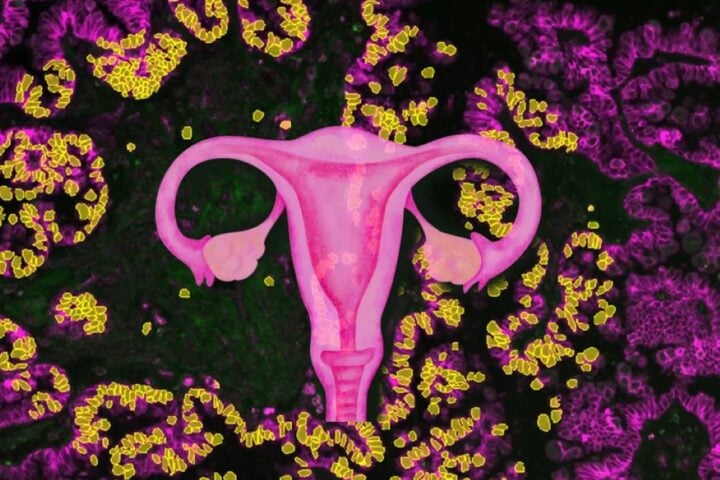
New Ovarian Cancer Drug Combo Shows 42% Response Rate vs 16% with Standard Therapy
Low-grade serous ovarian cancer (LGSC) has long been one of the most challenging forms of ovarian cancer to treat. It affects younger women, resists standard chemotherapy, and often leads to late recurrences.
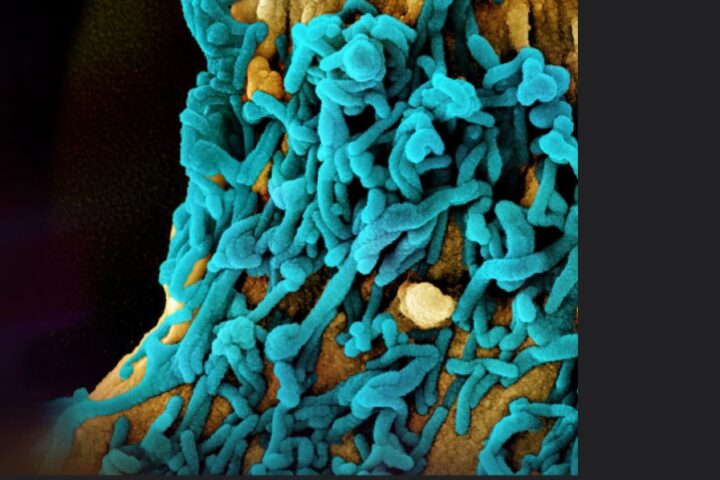
Pesticides Alter 306 Gut Bacteria Processes, Ohio State Map Reveals Potential Protective Microbe
Scientists at Ohio State University have uncovered exactly how pesticides change the bacteria in our digestive systems, creating the first-ever detailed map of these interactions. The groundbreaking research, published in Nature Communications,

NHS Minority Senior Staff Hit 12.7% Record High But 80% of Trusts Still Favor White Job Candidates Over BME Applicants
The NHS has reached a historic milestone with one in eight senior managers now coming from black and minority ethnic backgrounds. The latest figures show 12.7% of top NHS bosses are from
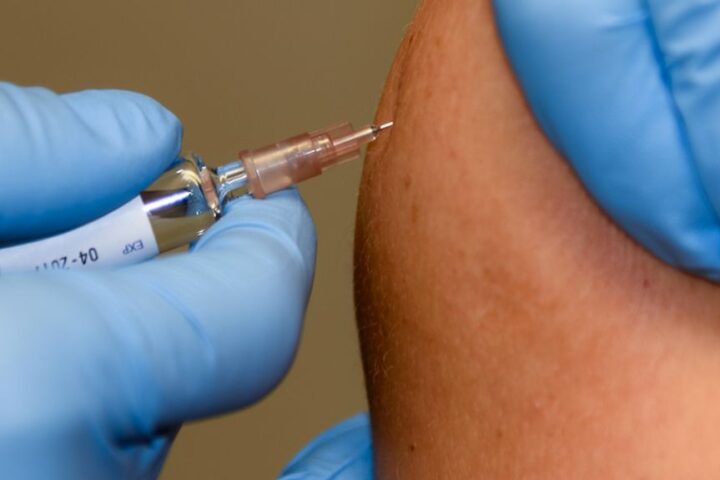
Oxford’s Single-Shot Malaria Vaccine Achieves 85% Protection Rate Using Microcapsule Technology
Scientists at the University of Oxford have created a vaccine delivery system that could transform how we fight malaria worldwide. Their innovation tackles a major healthcare challenge – getting people to return
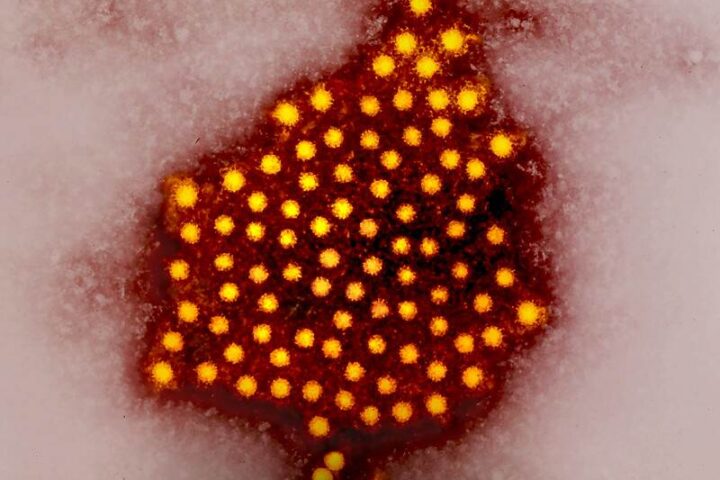
Hepatitis A Outbreak in Europe: 2,097 Cases, 9 Deaths Prompt Urgent Vaccination Warning for Australian Travelers
A Hepatitis A outbreak has infected more than 2,000 people and caused nine deaths across four European countries since January 2025, triggering warnings for Australian tourists planning summer trips. The European Centre

Skin Tightness After Ocean Swimming Finally Explained: Salt Crystals Actively Draw Moisture Out
That tight, dry feeling on your skin after a dip in the ocean isn’t just in your head. Scientists have now proven this common beach experience with solid research, explaining exactly why

FDA Reveals 27 Per Million Heart Risk from COVID Vaccines in Males 12-24, Expert Criticizes Approach
The U.S. Food and Drug Administration (FDA) has ordered Pfizer and Moderna to expand warning labels on their COVID-19 mRNA vaccines, highlighting rare but potential heart inflammation risks. The updated warnings, formally

UK Ash Trees Evolve Resistance to Fungus That Threatened 85% of Forest Population
Ash trees, those tall, graceful giants that dot the British countryside, are showing signs of fighting back against a deadly disease that has threatened their existence. A new scientific study reveals that

Wildfires Contaminate Water for 8 Years: Study Reveals Sediment Levels 2000x Higher in Some Streams
When wildfires tear through forests, their destruction doesn’t end when the flames go out. A groundbreaking study reveals these fires leave a toxic legacy in waterways that can last nearly a decade,
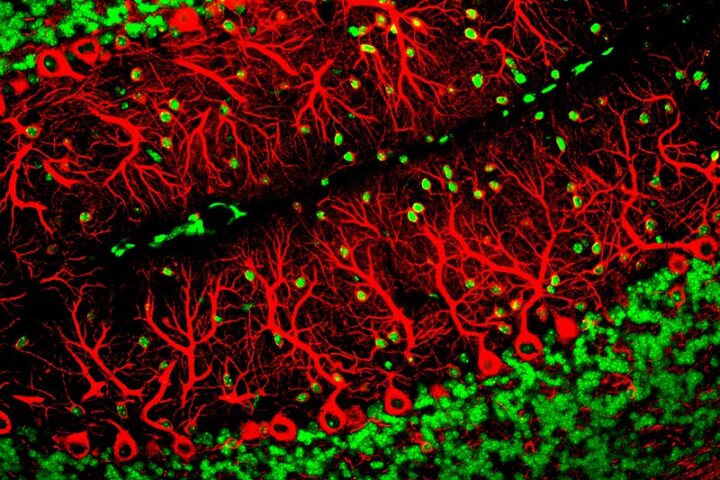
AI Imaging Spots Parkinson’s with 96% Accuracy While Pesticide Exposure Increases Risk by 36%
Scientists are making major progress in fighting Parkinson’s disease with new discoveries about early detection and environmental risks. These advances could change how doctors diagnose and possibly prevent this brain disorder that
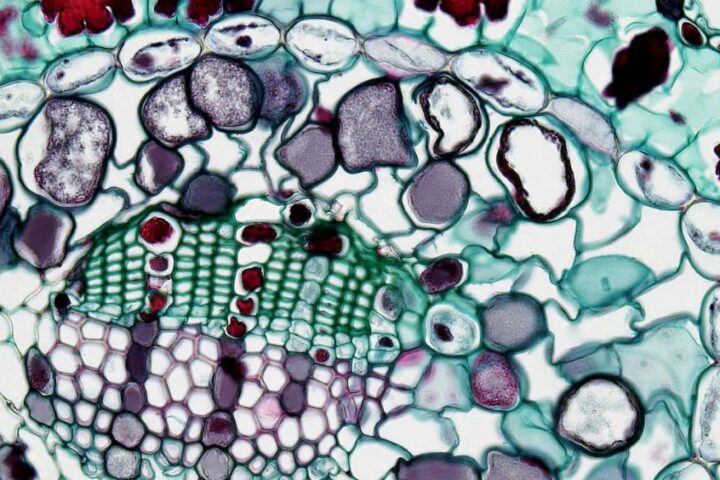
Stanford Breakthrough: Single Molecule Boosts Aging Muscle Strength 15-20% in One Month
A groundbreaking discovery from Stanford University researchers shows that a single dose of a naturally occurring molecule called prostaglandin E2 (PGE2) can significantly restore muscle strength and function in aged mice. This

Weight Loss Jabs Linked to 400 Pancreas Problems and 5 Deaths, MHRA Launches Genetic Study
Hundreds of people taking popular weight loss and diabetes injections have reported serious pancreas problems, prompting UK health officials to launch a new study. The Medicines and Healthcare products Regulatory Agency (MHRA)
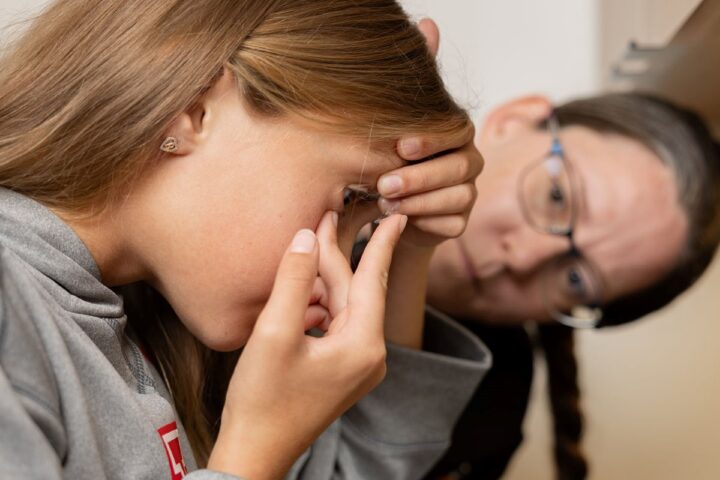
Multifocal Contacts Fight Childhood Myopia Through Choroidal Changes, UH Research Reveals
The sight of children wearing glasses has become increasingly common in schools worldwide. Currently, 35% of children have myopia, or near sightedness, and experts project this number could reach 40% by 2050

Scavenger Decline Threatens Human Health: 36% of Species at Risk as Disease Carriers Multiply
Vultures circling overhead might seem ominous, but their presence actually signals a functioning ecosystem that protects human health. A troubling new study from Stanford University reveals that 36% of the world’s scavenger

Europe’s Noise Crisis: One in Five People Face Harmful Levels
Imagine the constant rumble of traffic outside your window affecting not just your sleep but your heart health too. This is reality for more than 110 million Europeans—one in five people—according to


